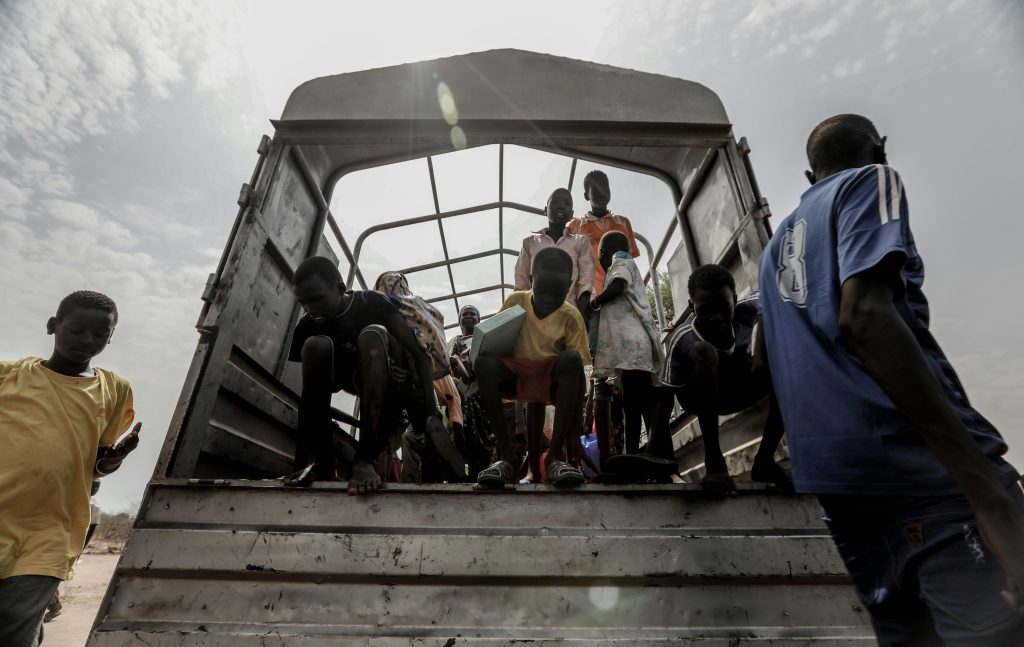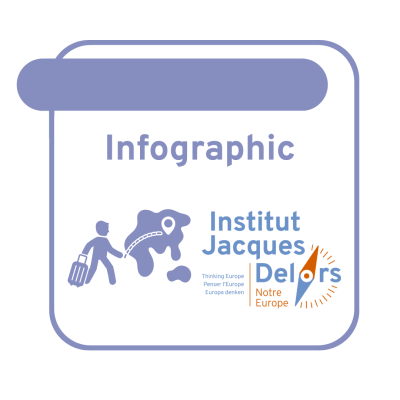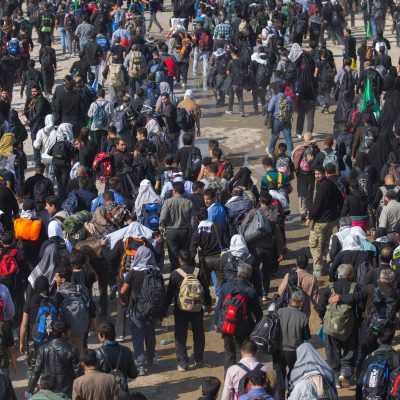Construction of a Common Ground for Social and Political Consensus on Migration

Over the last decade and more particularly the last couple of months, the EU has faced the development of increasing conflicts on migration related issues. The situation has raised such a level of struggles that bringing back equilibrium in such a conflicting environment will be a hard task for all players and at all stages. However, if EU leaders are unable to take the appropriate political decisions and actions, the EU integration process will simply be at risk.
In its first part, the policy paper by Yves Pascouau, associate research fellow and director at the European Policy Centre, tries to sketch the picture of the breadth of creeping conflicts currently taking place within the EU. While current tensions occurring at political level highlight the existence of conflicts between the EU member states, another conflict – more worrying – is taking place and concerns the widening distance or distrust between citizens and the EU project. In this situation of developing conflicts, the role of the media deserves also to be questioned.
On this basis, the second part of the policy paper argues there is still space to regain consensus and bring back the EU as a source of prosperity rather than a nest of problems. However, the policy paper takes the view that a European Council/“top-down” type of approach cannot suffice and will not work out. It is necessary to relaunch a pedagogical approach so as to rebuilt citizens’ understanding and trust in the EU’s actions and project. This implies two sets of actions:
- In the short run, all players at EU and national levels have to deliver on their promises to show that decisions taken are implemented and produce effects.
- In the medium run, the same players have to kick-start a strategic process to understand, prepare and adopt appropriate answers to the migration phenomenon for the long-term future.




